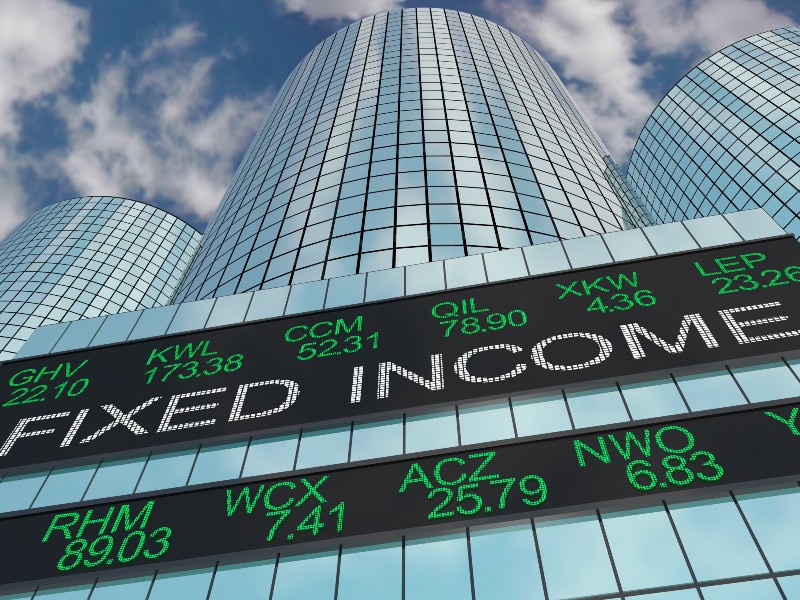

While global institutional investors expect losses to continue in the fixed income market and are concerned that central banks may be too optimistic on the peak of inflation, they’re also finding good news in alternative investments and the importance of environmental, social and governance factors, according to a new report by Aeon Investments.
The report, which surveyed pension funds and other institutional investors across Denmark, Finland, Germany, Italy, Norway, Sweden, Switzerland, the U.K. and the U.S., found 43 per cent of respondents said they expect fixed income performance to deteriorate further over the next 12 months, with 13 per cent expecting a significant decline. A little more than a quarter (28 per cent) said they believe performance in the fixed income market will improve.
Read: Inflation driving interest in alternative fixed income: white paper
Almost two-thirds (62 per cent) of respondents said they expect institutional investors in general to reduce their exposure to fixed income during 2022, while 11 per cent expect them to increase it. When asked about allocations, about half (48 per cent) expect to reduce their exposure by more than 10 per cent this year, with a further 38 per cent anticipating a reduction of up to 10 per cent.
The survey also found 85 per cent of respondents said they’re concerned about further rises in interest rates, with just over one in three (35 per cent) saying they’re very concerned. And it’s a similar picture for rising inflation, with 80 per cent noting they’re concerned about it and 30 per cent saying they’re very concerned. Around 77 per cent said they’re concerned about central banks tightening policies with 27 per cent very concerned.
Read: Economic, geopolitical factors causing inflationary uncertainty for institutional investors: report
When asked where the funds taken out of fixed income investments are going, half of global institutional investors said they’re being reallocated to commodities. A similar percentage (47 per cent) said the same about real estate, followed by private equity (44 per cent), structured credit (42 per cent) and public equities (38 per cent).
In addition, 84 per cent of respondents said they expect institutional investors will increasingly focus on structured credit because they offer attractive yields when compared to other asset classes. And almost all (95 per cent) agreed the bespoke nature of alternative credit presents a viable option for investors to make a positive social and environmental impact by educating smaller companies in the financing market.
When it comes to alternative credit, more than a fifth (22 per cent) of respondents cited attractive returns and one in five (20 per cent) selected the sector’s growing focus on ESG. Some 13 per cent cited structured credit’s ability to offer attractive diversification benefits as one of their top three reasons.
Read: Canadian institutional investors more likely to integrate ESG than global peers: survey
